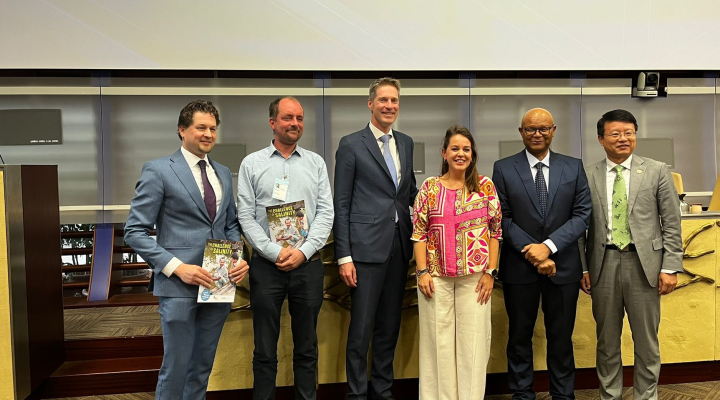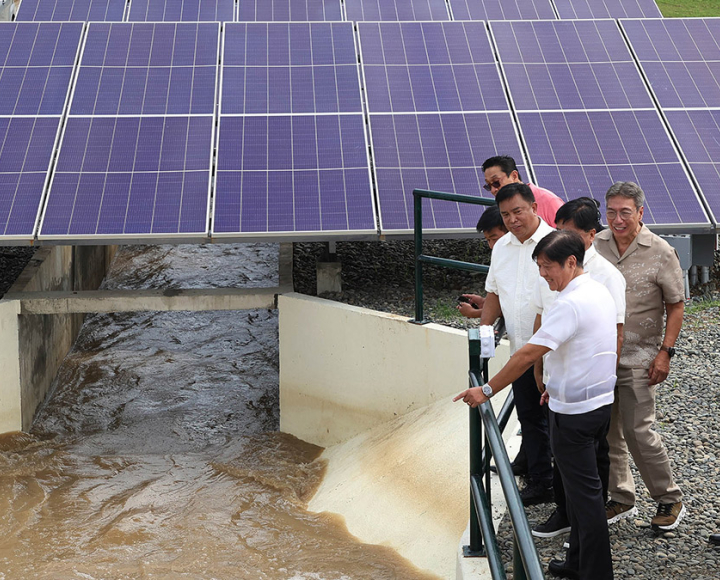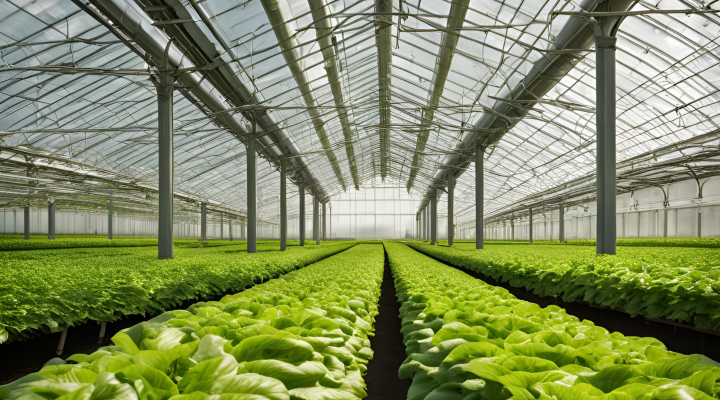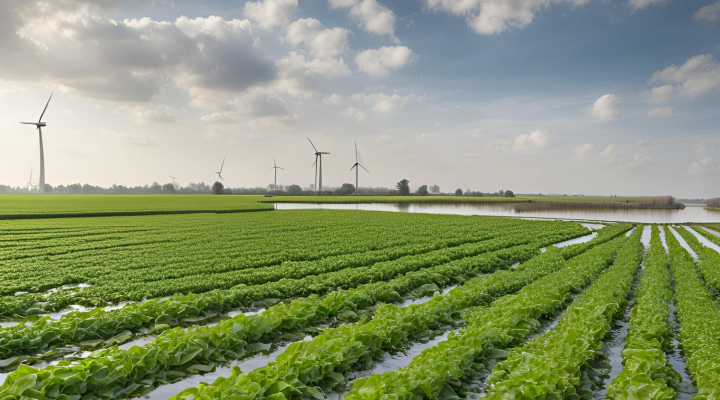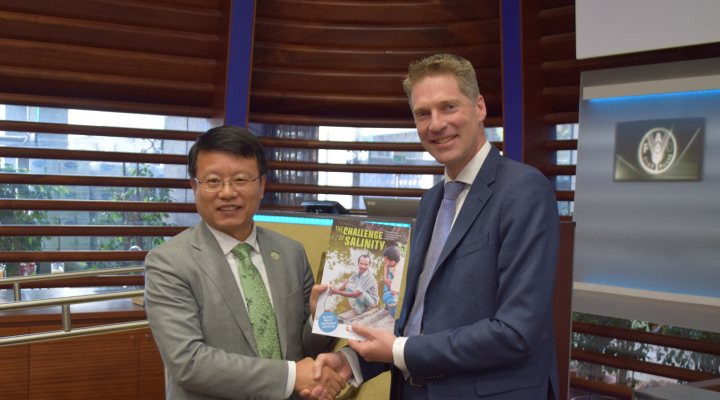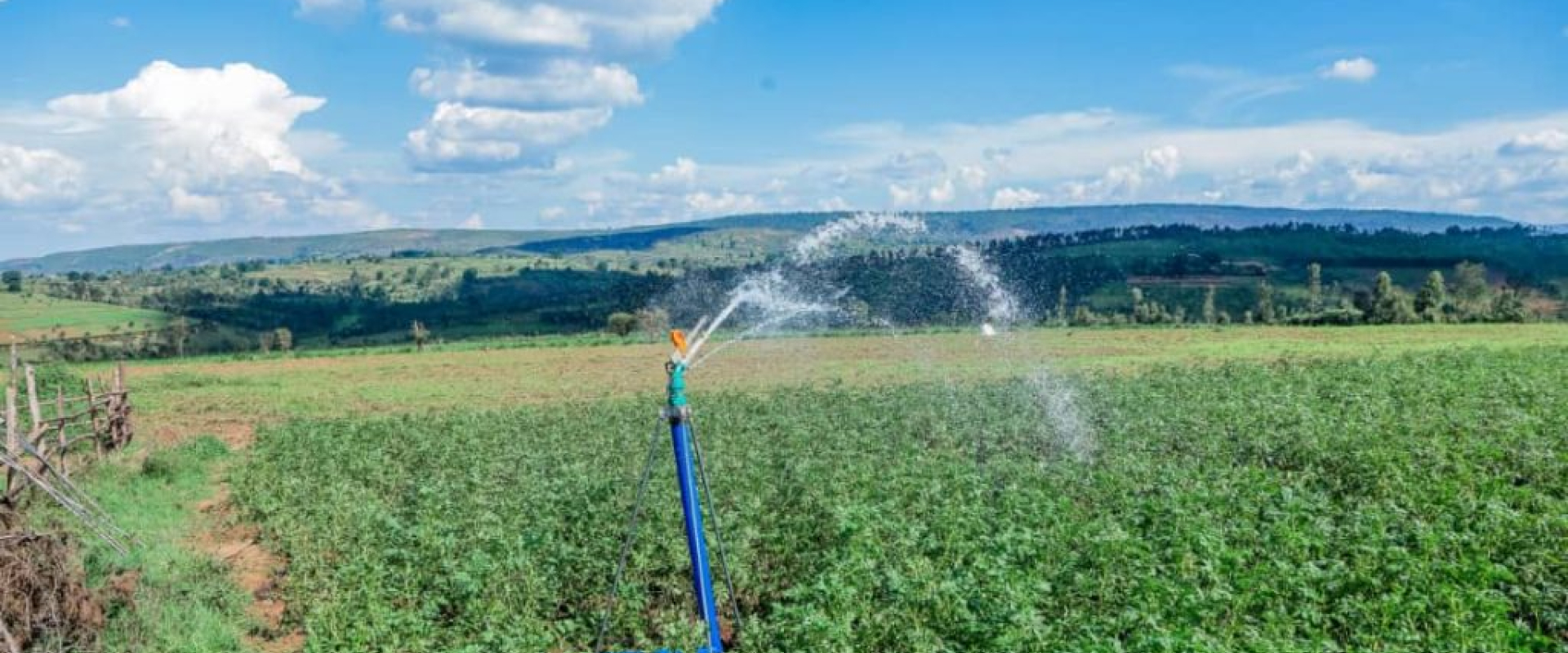
Better irrigation systems and seed storage capacity for Burundian farmers
The agricultural landscape in Burundi is undergoing a remarkable transformation, driven by the Private Seed Sector Development (PSSD) project. Funded by the Embassy of the Kingdom of the Netherlands in Burundi, this project has been instrumental in boosting the production and incomes of nearly 180,000 farming households by building a commercially viable value chain for food seeds.
The project has now entered its second phase – PSSD2 – which aims to support over 220,000 farming households by December 2026. Amongst the achievements of PSSD1 are the construction of additional irrigation infrastructure and seed storage facilities.
In its drive to support and promote the agricultural sector in Burundi, the Embassy of the Kingdom of the Netherlands has financed the Private Seed Sector Development (PSSD) project since 2018, the year in which it was launched. The project, implemented by the International Fertilizer Development Center (IFDC), works with private and public sector partners to promote the development of a private sector-led seed industry that is able to provide farmers with sustainable access to high-quality seeds and thereby increased household incomes.
Seed irrigation systems
The lack of irrigation during dry periods severely affects the productivity of Burundian farmers. In the final phase of the PSSD1, three tanks with a capacity of more than 3,100 cubic metres of water were built in the provinces of Karusi, Rutana, and Bururi to supply a reliable source of irrigation during dry and short rainy seasons.
The impact has been substantial. Thanks to these irrigation systems, seed production has tripled, increasing yields from 103 tonnes to over 300 tonnes annually.
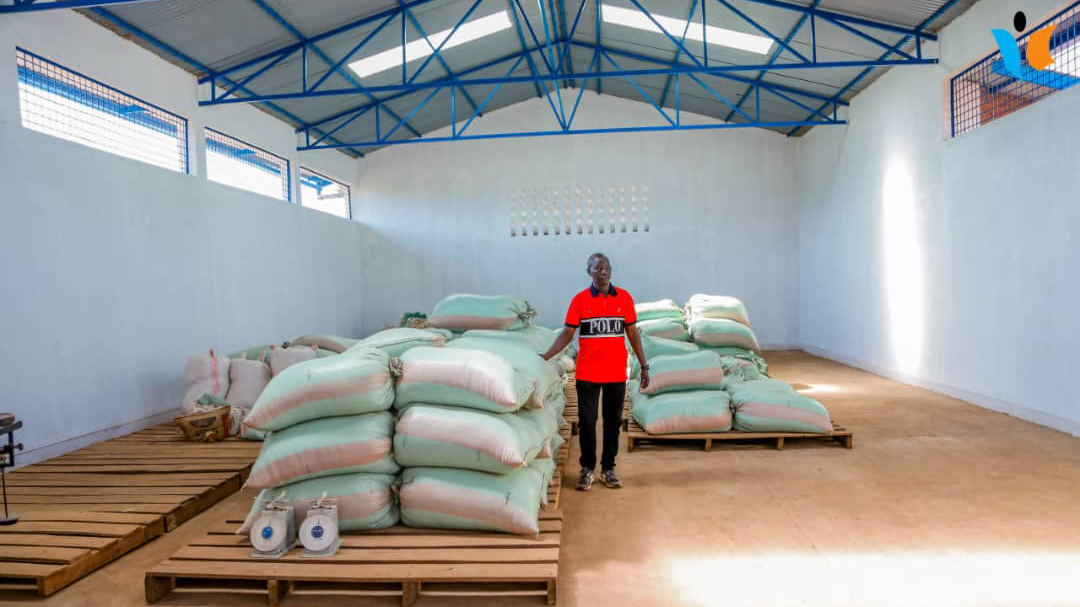

Safe storage against rotting
The value of optimal yields, however, is undermined when poor storage infrastructure leads to significant post-harvest losses. To avoid this, the construction of four seed storage facilities in the provinces of Gitega and Rutana were co-financed by the PSSD. These facilities have a combined storage capacity of 400 tonnes of seeds, as opposed to the approximately 150 tonnes in the old facilities.
With more than twice the seed storage capacity, it is expected that farmers will be able to reduce losses from rotten seeds by at least 10 percent.
Impact on the local population
Seed entrepreneurs are the direct beneficiaries of the PSSD project, but are not the only ones. A recent IFDC update states that ‘these interventions have also created jobs for 593 workers – 51% of whom are women – to provide vital income for families. Public water fountains along irrigation pipelines have also improved access to clean drinking water for surrounding communities.’
Two more years of PSSD
Building on the success of PSSD1, a second phase will run until the end of 2026. PSSD2 aims to facilitate the scaling up of the PSSD1 activities by moving towards a more sustainable and more competitive seed industry. Over the two years of PSSD2’s term, 226,000 additional farming households are expected to get access to certified seeds by December 2026.
With the continued support of the Dutch Embassy in Burundi, the PSSD project continues to play a vital role in driving growth in the country’s seed sector, enhancing farmers’ financial resilience, lifting up communities, and supporting long-term food security.
Visit IFDC’s website for more information on the PSSD project.




